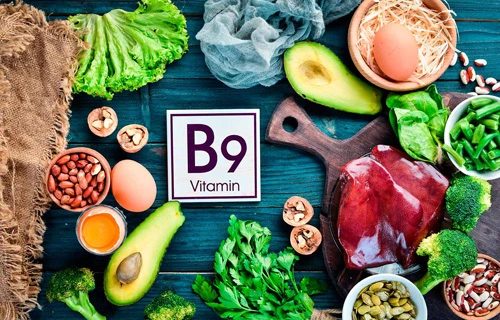Beta carotene gene

If you tested your DNA with a personal genomics service like 23andMe, AncestryDNA, FamilyTreeDNA, MyHeritage or another testing company, you can learn more about your risk factors for hundreds of diseases. By clicking the button above ⬆️, you can upload your raw DNA data file and receive a personalized 250-page health report with research links that is the most comprehensive.
Beta-carotene, a vital nutrient, undergoes conversion into vitamin A within the body. This vitamin holds significant importance for vision, bolstering the immune system, facilitating cell growth, and maintaining healthy skin. Both vitamin A and beta-carotene function as antioxidants, shielding cells against harm from free radicals. Although primarily dictated by dietary intake, beta-carotene levels may also be marginally influenced by genetic factors. The TenDNA health report offers insights into whether individuals with genetic profiles akin to yours typically exhibit typical levels of vitamin A. Decreased levels of carotenoids and tocopherols in the bloodstream are linked to a higher likelihood of chronic illness and disability. Given the weak correlation between dietary consumption of these lipid-soluble antioxidant vitamins and plasma levels, we theorized that genetic variance may impact the presence of circulating carotenoids (related to vitamin A) and tocopherols (related to vitamin E).
Follow the link of the selected polymorphism to read a brief description of how the selected polymorphism affects Vitamin A and see a list of existing studies.
SNP polymorphisms related to the topic Vitamin A:
| rs12934922 | Reduced conversion of beta-carotene to retinol. Supplemental retinol intake is recommended. |
| rs7501331 | Reduced conversion of beta-carotene to retinol. Supplemental retinol intake is recommended. |
| rs6564851 | Associated with higher levels of beta-carotene and tocopherol in the blood, independent of intake from food. |
About The Author
Li DaliLi Dali, a National Foundation for Outstanding Youth Fund recipient, is a researcher at the School of Life Sciences in East China Normal University. He earned his PhD in genetics from Hunan Normal University in 2007 and conducted collaborative research at Texas A&M University during his doctoral studies. Li Dali and his team have optimized and innovated gene editing technology, leading to the establishment of a world-class system for constructing gene editing disease models.


